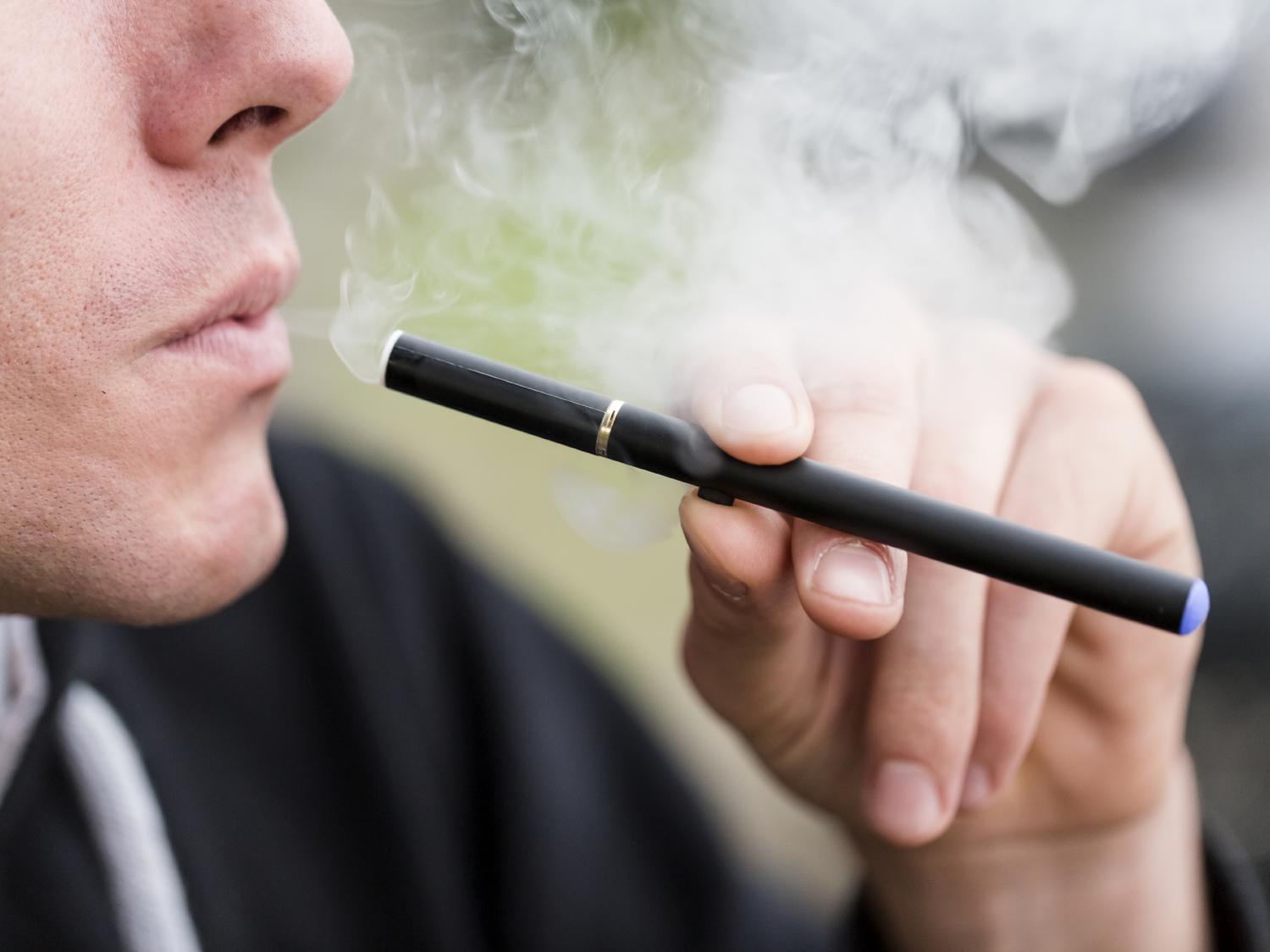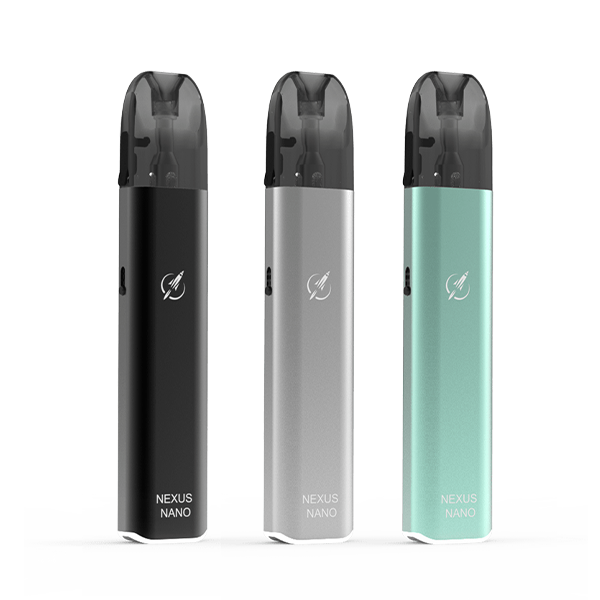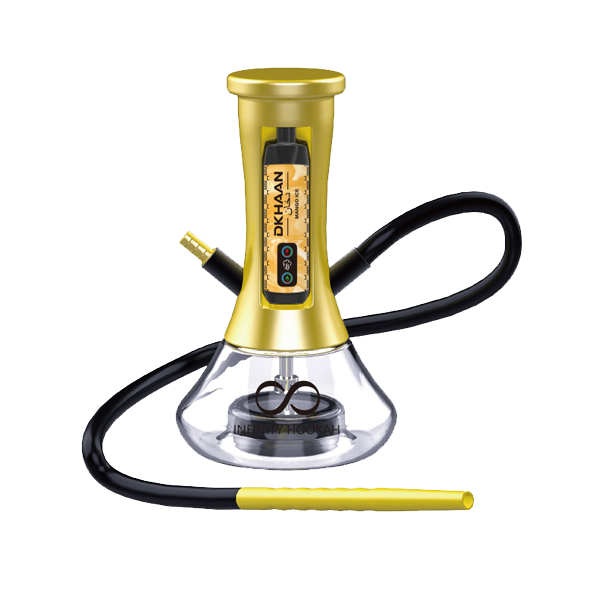For anyone who has taken on the challenge of quitting smoking, whether through a dedicated campaign like the UK’s “Stoptober” or on their own, the journey is often filled with temptation. A common thought might be, “What’s the harm in just one cigarette after a month of quitting?” While it may seem like a minor slip-up, understanding what a single cigarette does to your body can be a powerful motivator to stay on track. This guide explores the immediate effects of a relapse, the remarkable benefits your body experiences when you quit, and expert advice on how to get back on course if you do have a cigarette.

The Immediate Impact of “Just One” Cigarette
The allure of a single cigarette after a period of abstinence can be strong, but its effects are immediate and can undermine your progress. When you inhale cigarette smoke, you’re reintroducing a cocktail of over 5,000 chemicals into your system. A popular simulation conducted by Chris Notap, where smoke from one cigarette was passed through a cotton ball, vividly illustrates the instant impact. The cotton ball, representing a simplified version of lung tissue, turns a grim yellow, coated in tar from just that single cigarette. This visual is a stark reminder that there is no “safe” amount of smoking.
From a physiological standpoint, that one cigarette can:
- Spike Your Blood Pressure and Heart Rate: Nicotine is a powerful stimulant that immediately constricts your blood vessels and makes your heart work harder.
- Reintroduce Carbon Monoxide: This toxic gas from smoke displaces oxygen in your blood, reducing the amount of oxygen delivered to your vital organs.
- Reawaken Cravings: Perhaps most critically, that single dose of nicotine can reignite the addiction pathways in your brain, making it significantly harder to resist the next cigarette and potentially leading to a full relapse.
The Inspiring Timeline of Recovery: What Happens When You Quit
Instead of focusing on the setback, it’s more powerful to remember the incredible healing journey your body embarks on the moment you stop smoking. The benefits are both immediate and long-term, demonstrating your body’s remarkable capacity for recovery. According to health authorities like the NHS and the American Lung Association, here’s what happens at various stages after your last cigarette:
- After 20 minutes: Your heart rate and blood pressure begin to drop back towards normal levels.
- After 8-12 hours: The carbon monoxide level in your bloodstream returns to normal, allowing your blood to carry more oxygen.
- After 24 hours: Your risk of having a heart attack already begins to decrease.
- After 48 hours: Your nerve endings start to regenerate, and your senses of taste and smell become more vivid and enjoyable.
- After 72 hours (3 days): Breathing becomes noticeably easier as the bronchial tubes in your lungs begin to relax. Your energy levels may also start to increase.
- After 2 weeks to 3 months: Your circulation improves significantly. Your lung function increases, making physical activity easier.
- After 1 month (like completing Stoptober): Coughing and shortness of breath decrease. The cilia – tiny hair-like structures that clean your lungs – regain normal function, improving their ability to clear mucus and fight off infections.
- After 1 year: Your risk of coronary heart disease is cut in half compared to a continuing smoker.
- After 5-10 years: Your risk of having a stroke can fall to that of a non-smoker.
- After 10 years: Your risk of dying from lung cancer is about half that of someone who still smokes. Risks of other cancers (mouth, throat, bladder, etc.) also decrease significantly.
Expert Advice on Handling a Relapse
Quitting smoking is notoriously difficult, and a slip-up does not mean failure. Dr. Hana Patel, an NHS GP, explained to LADbible, “It is difficult to stop smoking, so well done to anyone who attempts [it]. It can often take people a number of attempts before they quit smoking for good. The more times you try, the better their chances of success.”
Her key advice for handling a relapse is crucial:
- Don’t Give Up: If you’ve had a cigarette or two, the most important thing is not to see it as a total failure. Do not give up on your quit attempt.
- Get Rid of the Temptation: Immediately throw the rest of the packet away to remove the immediate temptation to smoke more.
- Continue Your Quit Journey: Recommit to your goal. Remember why you started and focus on the health benefits you’ve already started to experience.
- Have Alternatives Ready: Dr. Patel suggests keeping Nicotine Replacement Therapy (NRT) products, such as an e-cigarette (vape), nicotine gum, or patches, on hand. Using an NRT to manage a craving is far better than reaching for a cigarette.
- Reset and Plan: If you’ve fully relapsed, don’t despair. Dr. Patel advises, “Set a new quit date, maybe in a week or a month – whatever is most likely to be successful. You can make this the time you quit for good.”
Dr. Patel also reminds us that “the first 10 days are the hardest of stopping smoking.” Pushing through this initial period often leads to noticeable improvements in breathing and physical ability due to better circulation and oxygenation, which can serve as powerful motivation.
Conclusion: One Cigarette Doesn’t Have to Derail Your Journey
While smoking even a single cigarette after quitting does have immediate negative effects and can reawaken addiction, it doesn’t have to be the end of your smoke-free journey. The key is to view it as a temporary setback, not a complete failure. By immediately recommitting to your goal, utilizing support systems and NRTs, and remembering the profound and rapid health benefits your body gains from being smoke-free, you can overcome a relapse and continue on the path to a healthier, longer life. Every cigarette you *don’t* smoke is a victory.

















